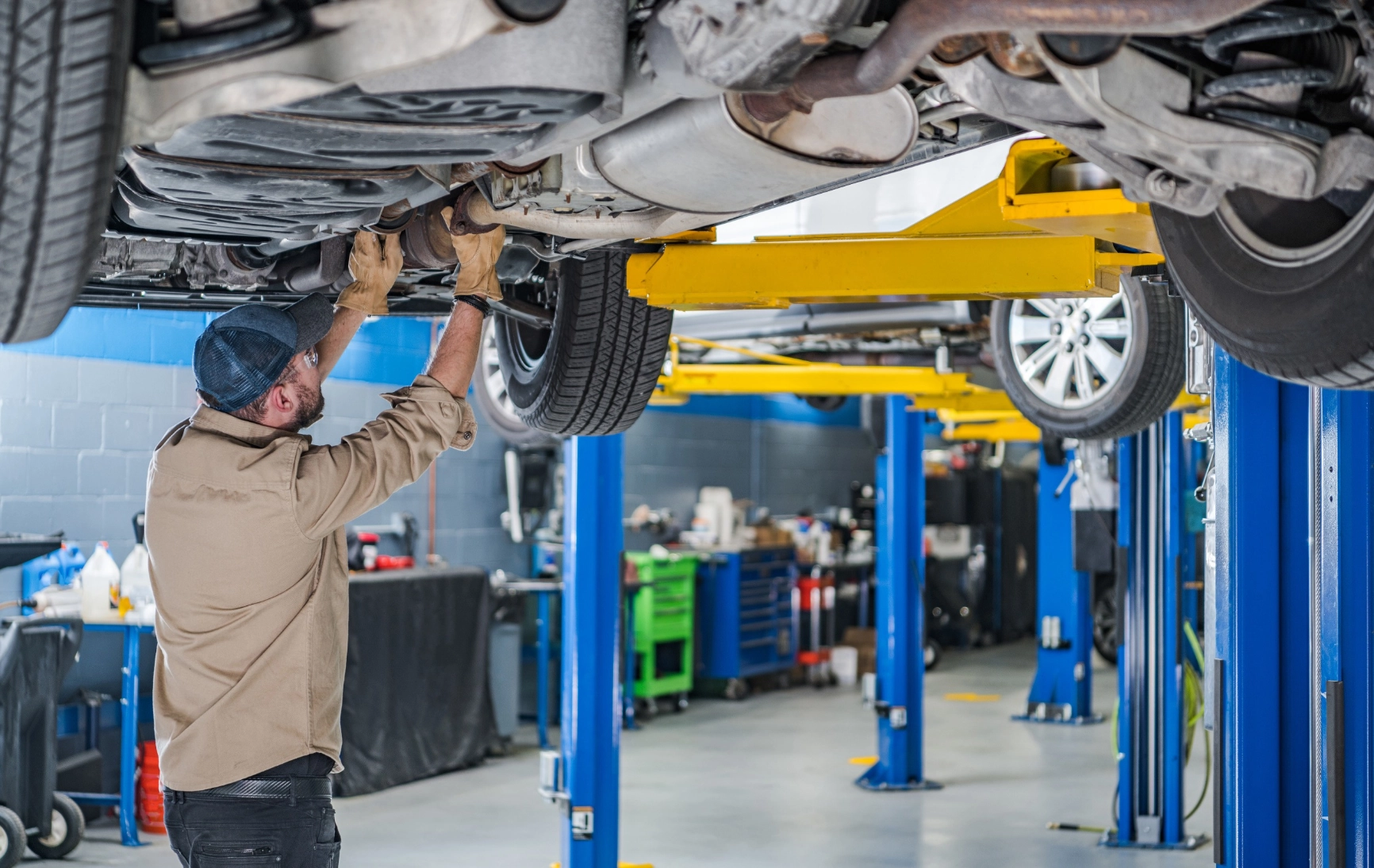All Categories
Featured

[/image]

Your vehicle's engine is the heart of your vehicle, and keeping it in leading problem is important for optimum efficiency and durability. Normal engine tune-ups are a wonderful method to preserve your car's health, enhance gas efficiency, and stay clear of pricey repair work down the road. Whether you're an automobile fanatic or a person who simply intends to maintain their car running efficiently, these engine tune-up ideas will aid you get one of the most out of your auto.
- Replace Flicker Plugs. Stimulate plugs play an important role in starting your engine and making sure smooth combustion. In time, ignition system can become dirty or worn, resulting in misfires, reduced gas efficiency, and harsh idling.
Throughout an engine tune-up, check and change your ignition system if required. Many vehicles require brand-new ignition system every 30,000 to 100,000 miles, depending upon the kind. Regularly changing ignition system ensures proper ignition and optimal engine efficiency.
- Check and Clean the Air Filter. The air filter prevents dust, dirt, and particles from entering your engine. A clogged or dirty air filter restricts air flow, triggering your engine to function more challenging and melt even more fuel.
Examine your air filter throughout a tune-up and replace it if it's unclean. In messy atmospheres or locations with hefty air pollution, you may require to alter the air filter extra often. A clean air filter can boost fuel performance and extend the life of your engine.
- Inspect and Change Belts and Hoses. Belts and tubes are essential for different engine functions, such as powering the alternator, water pump, and air conditioning system. Over time, these elements can crack, fray, or break, possibly resulting in failures.
Throughout a tune-up, check belts and hose pipes for indications of wear and replace them if needed. Changing these parts proactively can save you from costly fixings and protect against unanticipated failures.
- Clean the Gas System. Your gas system, including the gas injectors and gas lines, can accumulate dirt and carbon down payments with time, lowering engine performance. Cleaning the gas system throughout a tune-up assists improve efficiency and fuel economic climate.
You can use a gas system cleaner or have a specialist mechanic perform a more extensive cleansing. This action is specifically important for older lorries or vehicles that often drive in stop-and-go website traffic.
- Inspect the Battery and Charging System. A healthy battery is necessary for starting your engine and powering electrical elements. During a tune-up, examine the battery terminals for rust and ensure the connections are limited.
Inspect the battery's voltage and change it if it reveals indicators of weakness. Additionally, have the alternator and billing system checked to guarantee your battery stays charged throughout operation.
- Adjustment the Engine Oil and Oil Filter. Oil adjustments are a fundamental part of engine maintenance. Engine oil lubes moving parts, reduces friction, and aids control engine temperature. With time, oil ends up being infected and loses its efficiency.
Throughout a tune-up, change the engine oil and oil filter to keep your engine running smoothly. Follow your lorry's producer suggestions for oil kind and change intervals.
- Inspect the Cooling System. The air conditioning system prevents your engine from overheating. In time, coolant can deteriorate or become infected, minimizing its effectiveness.
Examine the coolant degree and problem during a tune-up, and flush and change it if needed. Evaluate the radiator, water pump, and hoses for leakages or damage. A well-maintained cooling system helps your engine operate at the right temperature and prevents getting too hot.
- Check the Ignition System. A damaged ignition system can trigger beginning concerns and lowered engine performance. During a tune-up, check the ignition coils, representative cap, and blades (if applicable) Change any kind of elements that show signs of wear or damage to make certain smooth and reputable engine procedure.
- Pay Attention for Unusual Sounds. Throughout a tune-up, seize the day to listen for any kind of unusual engine noises, such as knocking, ticking, or hissing. These noises can suggest underlying issues, such as valve issues, loose parts, or exhaust leakages. Addressing these issues early can prevent extra extensive damages.
- Usage High Quality Parts and Fluids. When doing an engine tune-up, always utilize top notch parts and liquids that satisfy your automobile supplier's requirements. Inexpensive or wrong parts can compromise your engine's performance and dependability.
Verdict: A Well-Tuned Engine is Trick to Durability. Routine engine tune-ups are crucial for maintaining your car's performance, performance, and integrity. By changing used components, cleaning up crucial systems, and resolving potential concerns, you can keep your engine running efficiently for several years to come. Whether you're doing it yourself or counting on a relied on technician, investing in tune-ups is a smart method to secure your car and take pleasure in a more secure, smoother experience.
Latest Posts
Uncover the Best Auto Repair Deals in Montclare, Chicago
Explore Brake Repair & More: Complete Services Guide from Montclare Auto Repair
Explore Exclusive Auto Repair Offers in Chicago at Montclare Auto Repair